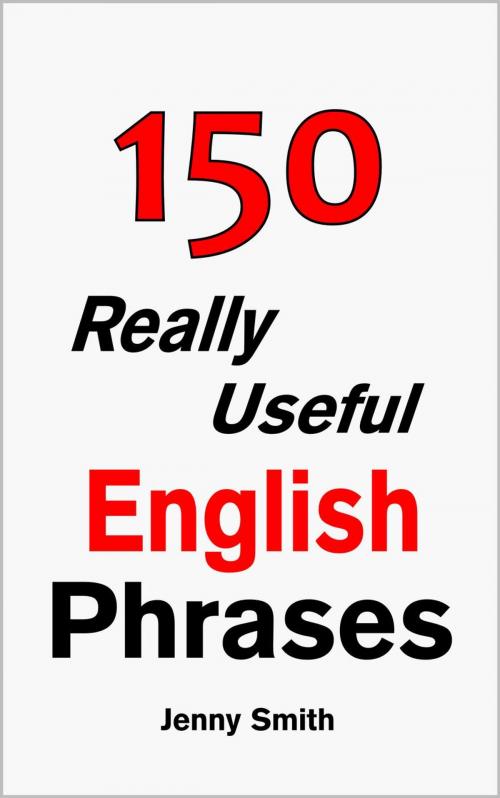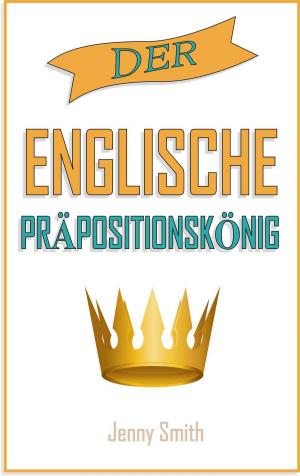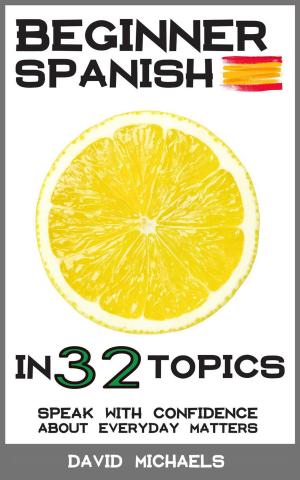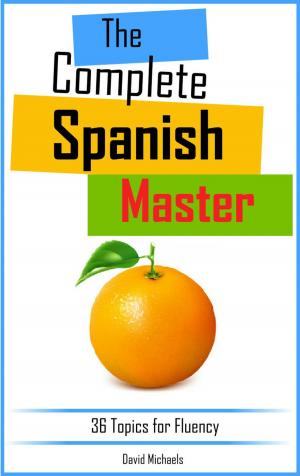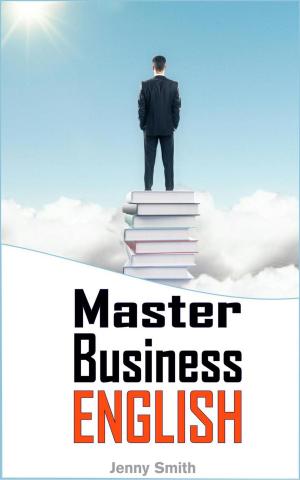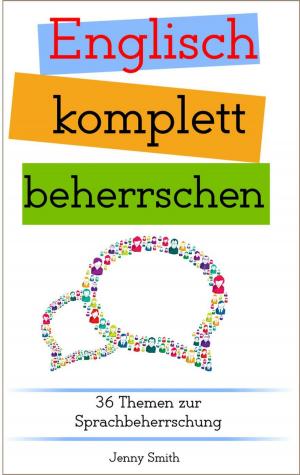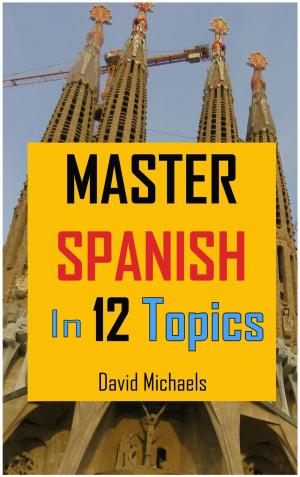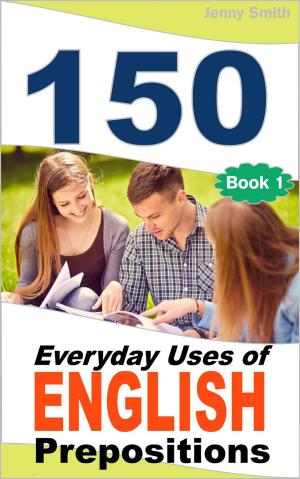150 Really Useful English Phrases: Book 1.
150 Really Useful English Phrases
Nonfiction, Reference & Language, Study Aids, ESL, Foreign Languages| Author: | Jenny Smith | ISBN: | 9781524285234 |
| Publisher: | Isaac Perrotta-Hays | Publication: | January 15, 2016 |
| Imprint: | Language: | English |
| Author: | Jenny Smith |
| ISBN: | 9781524285234 |
| Publisher: | Isaac Perrotta-Hays |
| Publication: | January 15, 2016 |
| Imprint: | |
| Language: | English |
Do you want to become more fluent in English?
Do you want to understand everyday language and not just 'textbook' English?
I taught English for many years and saw that many students get stuck at the high beginner/intermediate stage. They learn the basics and then can't move forward. This problem used to really frustrate me because I had lots of excellent students who were just stuck and eventually they would give up.
I thought for a long time about what was wrong and then decided that it wasn't that the student didn't have ability but that what they were studying and how they were studying was not effective.
I saw that even though they had good basic English they would read textbooks full of their native language (not English). I used to think 'why are they reading all this German/Japanese etc about English and not just reading English instead. I decided to see if I could fix this problem.
I started assigning students homework like 'watch this English drama with subtitles and then without' or 'read a short article every night for a month'. I found the results were amazing. My students started becoming much more fluent and confident. This convinced me that the best way to become fluent was to read or watch real English that was interesting to the students. So I started writing short stories using easy to understand English mixed with idioms and phrasal verbs that native English speakers use all the time.
In this book I have added explanations in English so you don't mix up English and your native language in your mind. I have also included easy to understand examples which I recommend you note down in your notebook so you can remember them easily.
In my opinion, learning idioms, phrasal verbs and useful phrases is the best way to move your English forward as you will be using the vocabulary that English speakers use every day.
If you would like to become more fluent and understand everyday English phrases then get stated today and press the button on the top right.
Do you want to become more fluent in English?
Do you want to understand everyday language and not just 'textbook' English?
I taught English for many years and saw that many students get stuck at the high beginner/intermediate stage. They learn the basics and then can't move forward. This problem used to really frustrate me because I had lots of excellent students who were just stuck and eventually they would give up.
I thought for a long time about what was wrong and then decided that it wasn't that the student didn't have ability but that what they were studying and how they were studying was not effective.
I saw that even though they had good basic English they would read textbooks full of their native language (not English). I used to think 'why are they reading all this German/Japanese etc about English and not just reading English instead. I decided to see if I could fix this problem.
I started assigning students homework like 'watch this English drama with subtitles and then without' or 'read a short article every night for a month'. I found the results were amazing. My students started becoming much more fluent and confident. This convinced me that the best way to become fluent was to read or watch real English that was interesting to the students. So I started writing short stories using easy to understand English mixed with idioms and phrasal verbs that native English speakers use all the time.
In this book I have added explanations in English so you don't mix up English and your native language in your mind. I have also included easy to understand examples which I recommend you note down in your notebook so you can remember them easily.
In my opinion, learning idioms, phrasal verbs and useful phrases is the best way to move your English forward as you will be using the vocabulary that English speakers use every day.
If you would like to become more fluent and understand everyday English phrases then get stated today and press the button on the top right.
